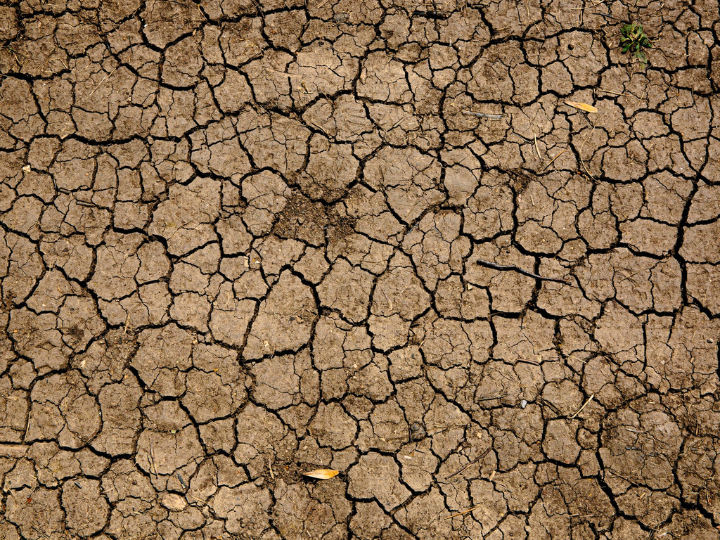by Natasha Foote
Just under half of the EU’s territory is at risk of severe and prolonged drought, according to a new European Commission report, coming amid warnings this unprecedented heatwave may negate gains in food production supposed to help plug the gap left by the Ukraine war.
The July drought assessment, released by the European Commission’s Joint Research Centre on Monday (18 July), paints a grim picture of dry and difficult months ahead.
It found that as much as 46% of EU territory is currently exposed to warning drought levels, while 11% remains on higher alert, a number it calls “staggering”.
The lack of moisture in the soil causes considerable vegetation stress, piling pressure on the EU’s agricultural systems and sparking concerns about its impact on crop yields.
“Competition for water resources is high and started earlier than usual,” the report reads, adding that water and heat stresses have “reduced crop yield and crop potential”.
In particular, the report singles out France, Romania and Hungary, as well as several Mediterranean regions, including Italy, Spain and Southern Greece, as being most affected.
And this risk is only increasing, according to the report, which notes an upwards trend of drought hazards.
“The severe drought affecting several regions of Europe since the beginning of the year continues expanding and worsening,” it states, adding that, as such, water “might be compromised in the coming months.”
Commenting on the publication of the report, Commissioner for Research and Innovation Mariya Gabriel noted that this stress is causing crop yields to fall from an “already negative outlook for cereals and other crops”, adding a warning that climate change is “increasing the risk of severe droughts and forest fires around the world.”
Cancelling out efforts to secure food production
The severe heatwave has seen some warn that farmers’ efforts to up production in light of the war in Ukraine could all be in vain.
Speaking ahead of the meeting of EU agriculture ministers on Monday, Spanish agriculture minister Luis Planas noted the country was projected to reach a production of 20 million tonnes of grain this year, but that, due to the current exceptional climatic circumstances, production has “dropped to between 17 and 18 million tonnes”.
Like many other EU countries, Spain took advantage of a number of derogations in the EU’s farming subsidy programme, the Common Agricultural Policy (CAP), this year to maximise the number of crops grown in a bid to plug the gap left by the Ukraine war – but this has not been enough, the minister said.
“All this despite the calls vis-a-vis the Commission for more flexibility regarding the fallow and increased agricultural land,” he noted, reiterating calls for further flexibility in the CAP in light of the severe weather conditions.
For its part, the Hungarian delegation raised its concerns over the serious drought situation in the country as an ‘Any Other Business’ point during the ministers’ meeting which notes that, after a scarcity of rain for multiple months, the moisture content of the soil in some regions of the country is close to zero.
A “drastic relapse in crop yield” is therefore expected in almost all crop production sectors, which also threatens food security and forage supply, the delegation stressed,
The country joined Spain’s calls for more flexibility under the rules governing the EU subsidies programme this year to allow member states more room for manoeuvre on environmental requirements, as well as support for irrigation.
*first published in: www.euractiv.com




 By: N. Peter Kramer
By: N. Peter Kramer

